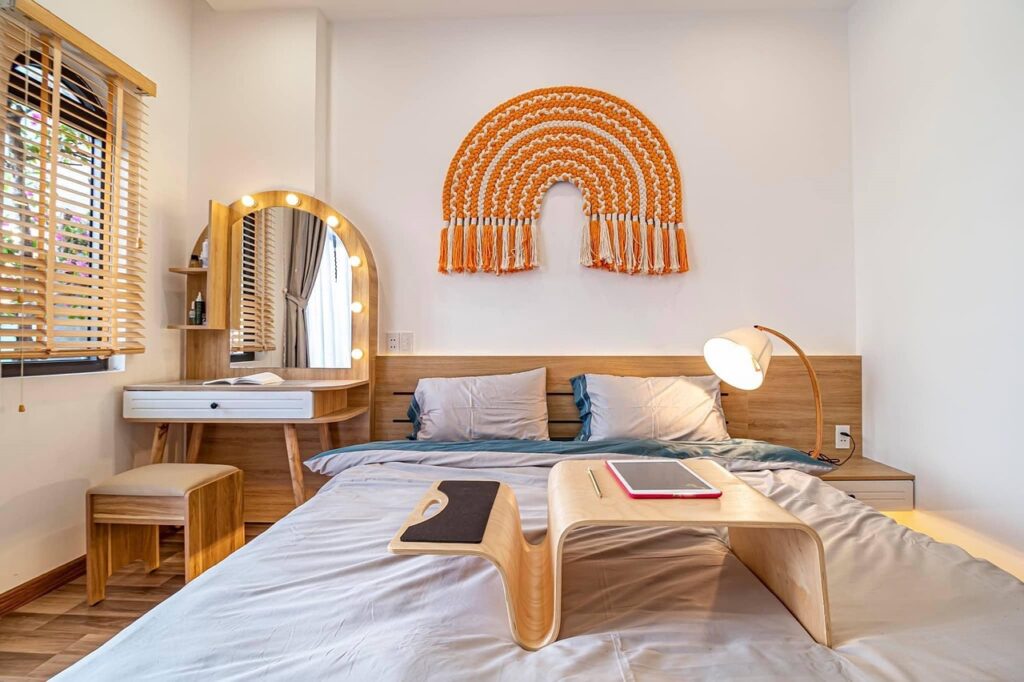Albert Einstein’s family life was filled with drama right from the start. Lieserl, Hans Albert, and Eduard, also known as Tete, were the three children he had with Mileva Maric, his first wife, and they were all born between 1902 and 1910.
Aside from these, little is known about Einstein’s family, which often raises questions like, What are Einstein’s children doing now? Did any of them become great physicists like their dad? Why don’t we hear anything about Einstein’s generation anymore and so many other mind-puzzling questions? This article hopes to offer some kind of answer about Einstein’s generation.
What Are Albert Einstein’s Children Doing Now?
Lieserl, Hans Albert, and Eduard, also known as Tete, were the three children Einstein had with Mileva Maric, his first wife, and were all born between 1902 and 1910.
At her mother’s house in the Serbian region of Vojvodina, their illegitimate daughter Lieserl appears to have passed away at the age of 21 months, most likely from scarlet fever. Little is known about Lieserl; all that remains of her is a convoluted mystery involving deceit, secrecy, and coded signals.
Tete was 38 years old when he was taken to the Burghölzli mental institution in Zurich. Though many think he was injured by the several “cures” that were practiced at the time and that he was overdosing on drugs, he had been diagnosed as schizophrenic.
“I am not in favor of psychiatric treatments,” his father wrote Mileva in a letter in 1932. Less than two months later, Albert wrote to Tete, who was having difficulty maintaining his emotional composure, saying, “When you come to visit, you must teach me about psychoanalysis; I’ll try to keep a straight face.”
What are Albert Einstein’s Children Doing Now? Tete And Albert

Both Tete and Hans Albert made an effort to surpass the astounding accomplishments of their father. Many of Einstein’s acquaintances and coworkers believed Tete was the one who had inherited his father’s intelligence, according to Evelyn Einstein, Hans Albert’s adoptive daughter.
“He was the real genius,” she declares. “My father was nothing more than a plodder beside Tete.” But Hans Albert had more than enough intelligence. He graduated as a hydraulic engineer from the Swiss Federal Institute of Technology in Zurich.
At the age of 21, Hans Albert fell in love with Frieda Knecht, a lady nine years older. Like his mother, Mileva, Frieda was very brilliant and quite outspoken.
After a bitter three-year divorce, Albert and Mileva were in agreement that they should not be married. Albert described Mileva and Frieda’s families as having “such significant faults of heredity in both.”
This revelation carried a lot of emotional weight because Albert had previously denied that he or his family may also have “bad genes,” accusing Mileva and her family of possessing them.
He often asserted that Frieda was 4’11 owing to dwarfism, that her mother was imbalanced (despite the fact that it was said that she had an overactive thyroid), and that Frieda hailed from poor lineage. Despite these objections, Frieda was married to Hans Albert and they stayed together until her passing.
About Einstein’s Grandchildren

Hans Albert was left to carry on the Einstein genes when Tete was institutionalized and Lieserl died. Albert Einstein has two grandchildren: Klaus was born in 1932, and Bernhard was born in 1930. Hans Albert obtained employment researching soil conservation in the U.S.
Agricultural Experiment Station after the family moved to Clemson, South Carolina, in 1938 after leaving Switzerland. But a year later, Klaus had a fatal case of diphtheria. Various biographers claim that his parents were following Christian Science doctrine and had not sought the necessary medical care.
Switzerland and California are Bernhard’s two main places of residence. After completing his studies in Zurich, he developed armor plate for tanks while employed by the Swiss army.
At a certain age, he remembered, his grandpa “talked to me for the first time ever about physics.” That was when he was 25. Despite being extremely clever, Evelyn Bernhard’s sister, who was born in 1941, had a terrible childhood as an Einstein. She felt more attuned to her mother and more cut off from her father right away. She never had children and was married before divorcing.
She held a variety of jobs, including those of cult deprogrammer, reserve police officer, and dogcatcher. She struggled with liver sickness and cancer before losing her way. She lived in her car and fed herself off of rubbish for a spell.



